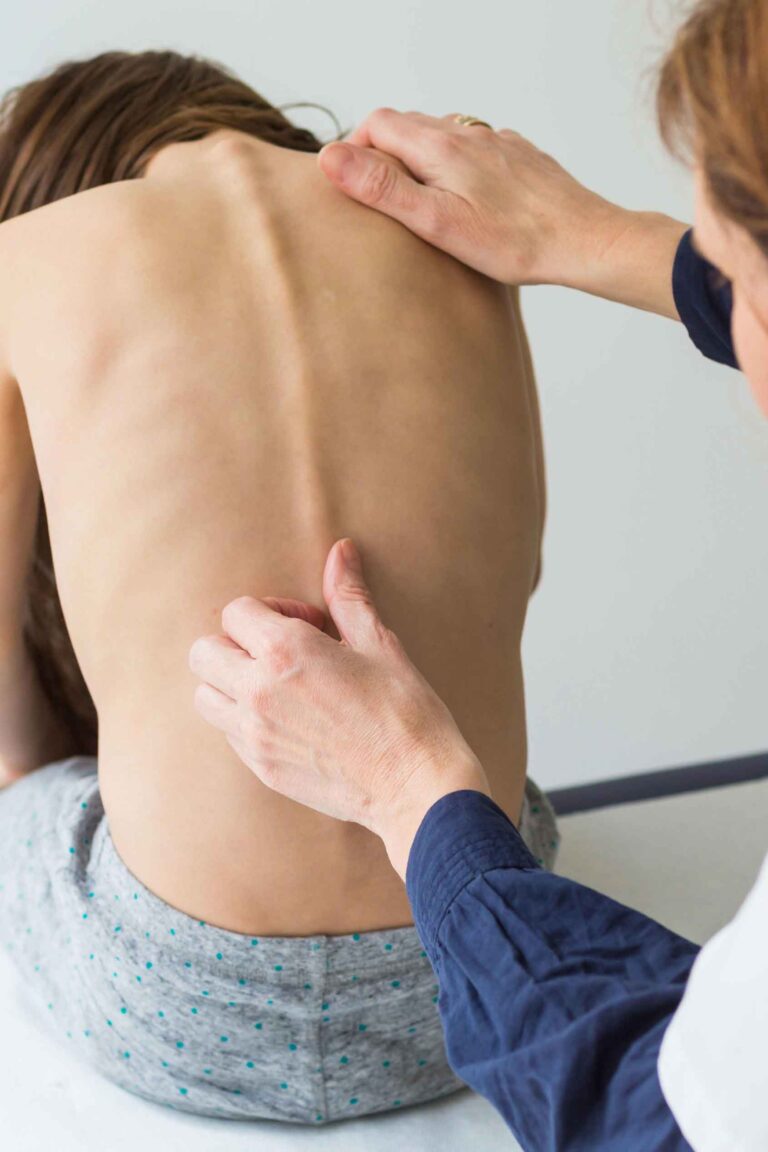It was recommended that persons with slipped discs spend one to two weeks in bed. Nowadays, people are counseled to maintain an active lifestyle in place of the former. This is due to the fact that prolonged lying down can weaken bones and muscles, which may lead to additional issues. The gel-like inner substance of a herniated or ruptured disc may protrude and seep into the region around the disc, aggravating the spinal nerves. The discomfort may be so severe that you believe surgery is your only option.
Physical exercise has been demonstrated to increase mobility. It was discovered that maintaining a regular workout routine or choosing to relax instead had no effect on back discomfort. As far as the pain permits, it is wise to try to continue your normal daily activities. Exercise has also been shown to be an excellent way to stop back discomfort from coming again.
Back pain relief options may also include relaxation techniques. Your mental state might affect how you experience pain and how well you handle it.
However, if the pain is terrible, there may be no other option but to lie down and find a position that puts the least amount of pressure on your back. The “psoas” posture, in which you lie on your back with your lower legs elevated so that your knees are bent at a 90-degree angle, is popular among individuals. However, it’s crucial to avoid becoming inactive for too long.

SOLUTIONS FOR NON-SURGICAL, TEMPORARY RELIEF OF HERNIATED DISC PAIN
Your doctor may suggest conservative treatment choices that reduce the symptoms of your herniated disc depending on its location and severity. These actions consist of the following :
- Ice and heat therapy:- If used quickly after the onset of back discomfort, but less so after 48 hours, using an ice pack to minimize swelling can assist. The best temporary treatment for the symptoms of a herniated disc is frequently a combination of heat and ice.
- A painkiller:- Ibuprofen and other non-steroidal anti-inflammatory drugs (NSAIDs) can aid with herniated disc pain relief and inflammation reduction. Still, prolonged use of these treatments has been associated with cardiovascular and gastrointestinal issues.
- Steroids:- Your doctor may recommend an oral steroid to ease herniated disc pain, but they should not be used for an extended period of time, just like NSAIDs.
- Muscle relaxants:- Your doctor may recommend a muscle relaxant to aid if your herniated disc causes uncomfortable muscle spasms.
SURGICAL ALTERNATIVES FOR HERNIATED DISC PAIN IN THE LONG TERM
If you use the right treatments while being guided by a professional, it’s possible to have long-term relief from herniated discs without having surgery. Examples comprise :
- Physical therapy:- Your doctor may recommend physical therapy to help strengthen back muscles and lessen the strain on your spine because spinal conditions, such as herniated discs, are frequently brought on by weak back muscles.
- Injections into the epidural space:- These needles contain potent anti-inflammatory substances that help lessen swelling and ease discomfort from ruptured discs.
- Ozone-oxygen disc injection:- It is a more potent nonsurgical treatment available at alternative disc therapy if you have a painful disc herniation and don’t want surgery or if surgery hasn’t worked to ease your pain.

The ozone-oxygen injection treatment improves the discs’ long-term health in the following ways :
- Increasing the number of cells in the annulus, which surrounds the soft inner core of the intervertebral disc and is tough and round, may help to mend the tear that all herniations share.
- Directing your body’s stem cells to the affected location.
- Enhancing cellular resistance to oxidative damage and reducing inflammation.
- Enhancing local blood flow.
- Lymphatic outflow is increased.
Patients from America come to our clinic i.e. Specialty Care Clinics for procedure treatment that is proven to be as effective as surgery with none of the related risks and complications. Call us at (469) 545-9983 to book your appointment.
